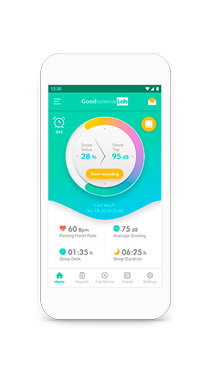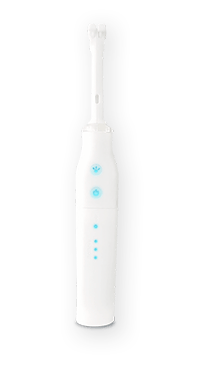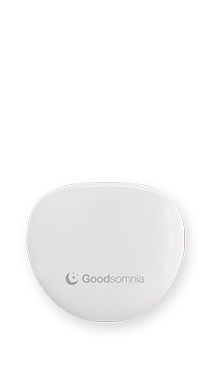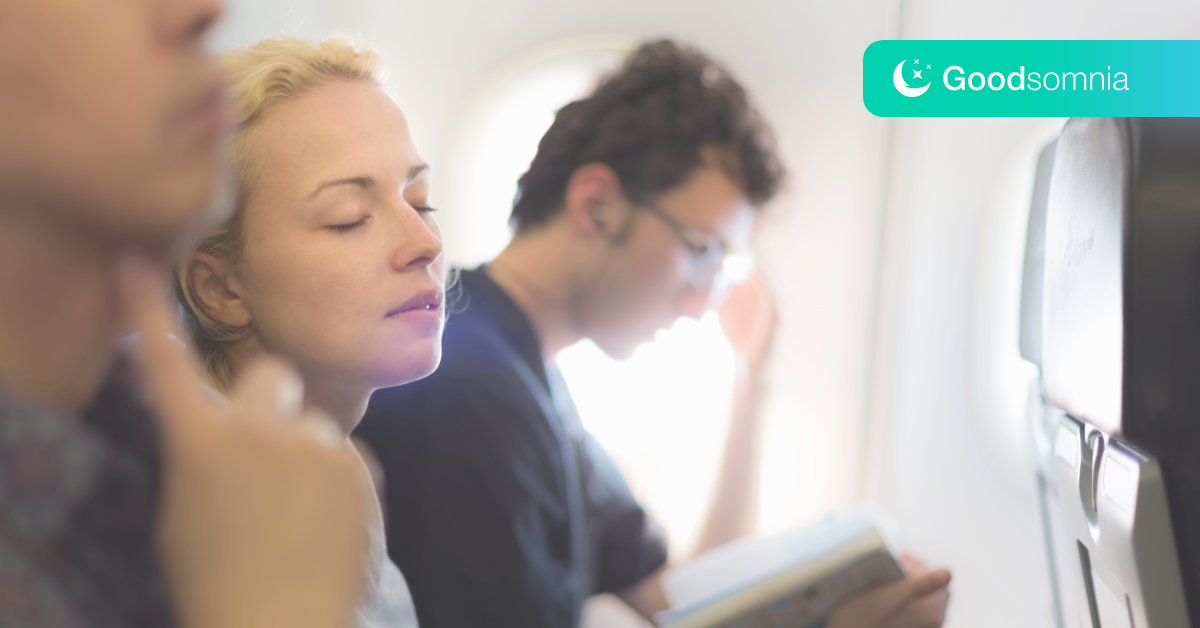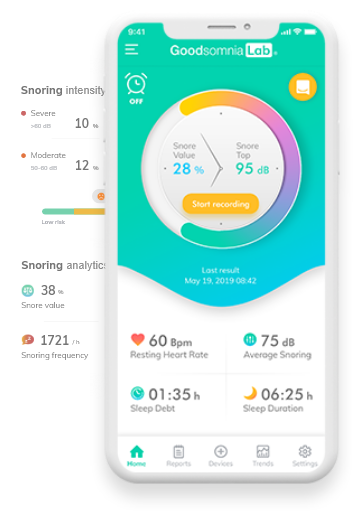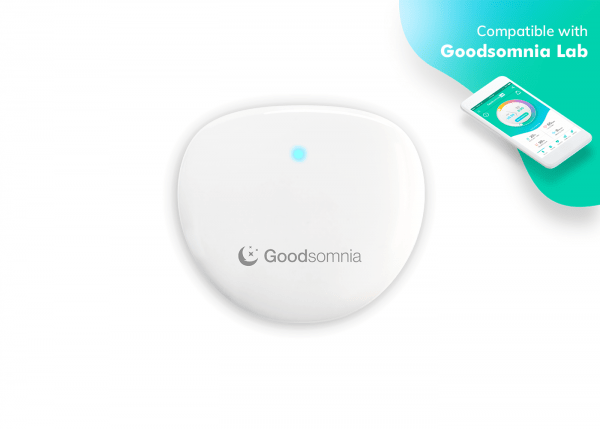This question is common among people who intend to have some rest during a flight. But what if an innocent nap grows into a real problem? Snoring can spoil yours and other passengers’ travelling plans. Here we look at the leading causes of why snoring on a plane may occur and tips to avoid snoring in flight.
What causes snoring on a plane
It seems that flying on a plane without snoring is much easier than sleeping in bed and not snoring. Here’s why. Gravity isn’t pulling your airway when you’re sitting upright on a plane. So, your tongue doesn’t block your airway.
It means snoring on a plane can be a sign of sleep apnea. That cuts off your air, causes vibration and forces you to wake up. Snoring on a flight is usually more serious than snoring in bed.
Among the causes is alcohol: it can help reduce stress before flying, but increases the probability of snoring more. Alcohol consumption helps to relax your mouth muscles often resulting in airway obstruction. The same applies to tobacco.
So how can you prevent yourself from snoring on a plane? Here are some techniques:
- Reduce alcohol and tobacco intake, especially before or during a trip. It’s tempting but try to say no to a glass of wine.
- Use anti-snoring appliances. Flight socks or nasal strips are helpful when you want to avoid snoring on a plane. Nasal strips help the air move more smoothly, not causing any vibration. Flight socks might be useful to prevent blood clots and reduce fluid build-up around your neck.
- Change your position. Try to sleep on your side and don’t make your head fall back as it may cause your tongue to collapse, narrowing the airways and causing you to snore.
- Stay hydrated. Drinking too much caffeine or alcohol, or an inefficient amount of water, will dry the throat. The side effects are sore throat or snoring. So stay hydrated.
Even if you find these tips useful, it’s not a solution if you snore regularly. Snoring demands treatment so consult a doctor and monitor sleep daily. Goodsomnia Lab is an excellent app to try.

